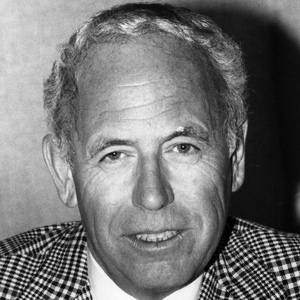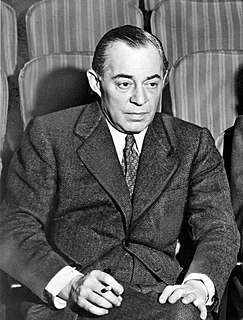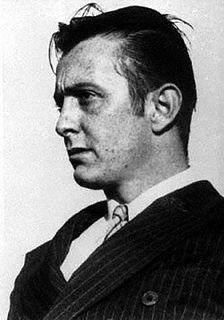A Quote by Anais Nin
I really believe that if I were not a writer, not a creator, not an experimenter, I might have been a very faithful wife. I think highly of faithfulness. But my temperament belongs to the writer, not to the woman
Related Quotes
Oh, I love labels, as long as they are numerous. I'm an American writer. I'm a Nigerian writer. I'm a Nigerian American writer. I'm an African writer. I'm a Yoruba writer. I'm an African American writer. I'm a writer who's been strongly influenced by European precedents. I'm a writer who feels very close to literary practice in India - which I go to quite often - and to writers over there.
Don't put down too many roots in terms of a domicile. I have lived in four countries and I think my life as a writer and our family's life have been enriched by this. I think a writer has to experience new environments. There is that adage: No man can really succeed if he doesn't move away from where he was born. I believe it is particularly true for the writer.
John Barth, I think, was really a writer of my own age and somewhat of my own temperament, although his books are very different from mine, and he has been a spokesman for the very ambitious, long, rather academic novel. But I don't think that what he is saying, so far as I understand it, is so very different from what I'm saying.
I say "on principle" [regarding 'lesbian writer'] because whenever you get one of your minority labels applied, like "Irish Writer," "Canadian Writer," "Woman Writer," "Lesbian Writer" - any of those categories - you always slightly wince because you're afraid that people will think that means you're only going to write about Canada or Ireland, you know.
As a reader, when the writer gets sentimental, you drift, because there's something fishy going on there. You recognize a moment that's largely about the writer and the writer's own need to believe in something that might not in fact exist. As a reader, you think, 'Where did the story go? Where did the person I'm reading about go?'
The writer’s job is to write with rigor, with commitment, to defend what they believe with all the talent they have. I think that’s part of the moral obligation of a writer, which cannot be only purely artistic. I think a writer has some kind of responsibility at least to participate in the civic debate. I think literature is impoverished, if it becomes cut from the main agenda of people, of society, of life.







































